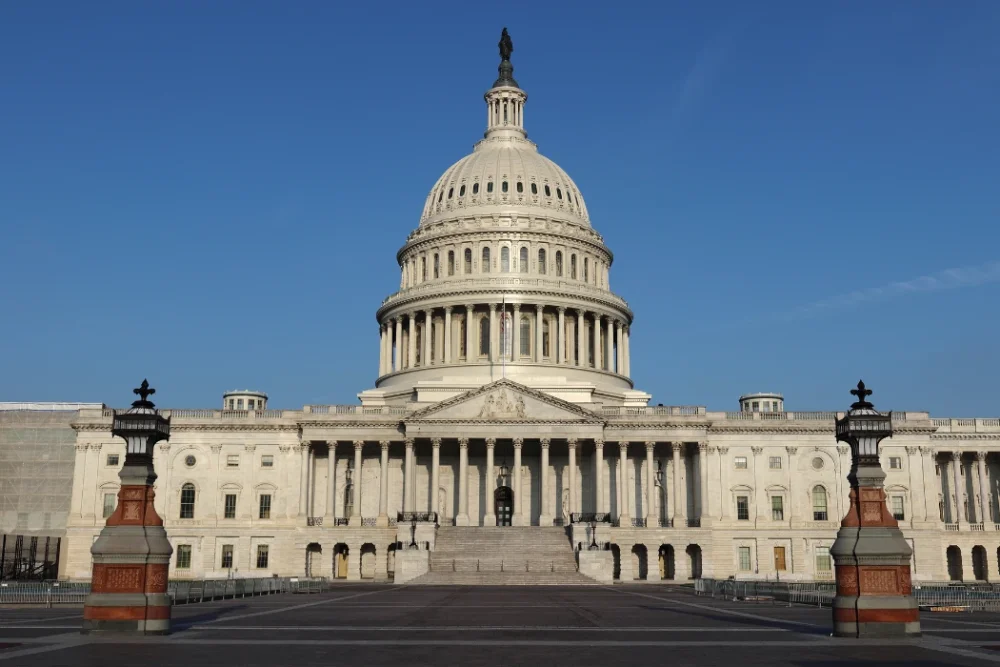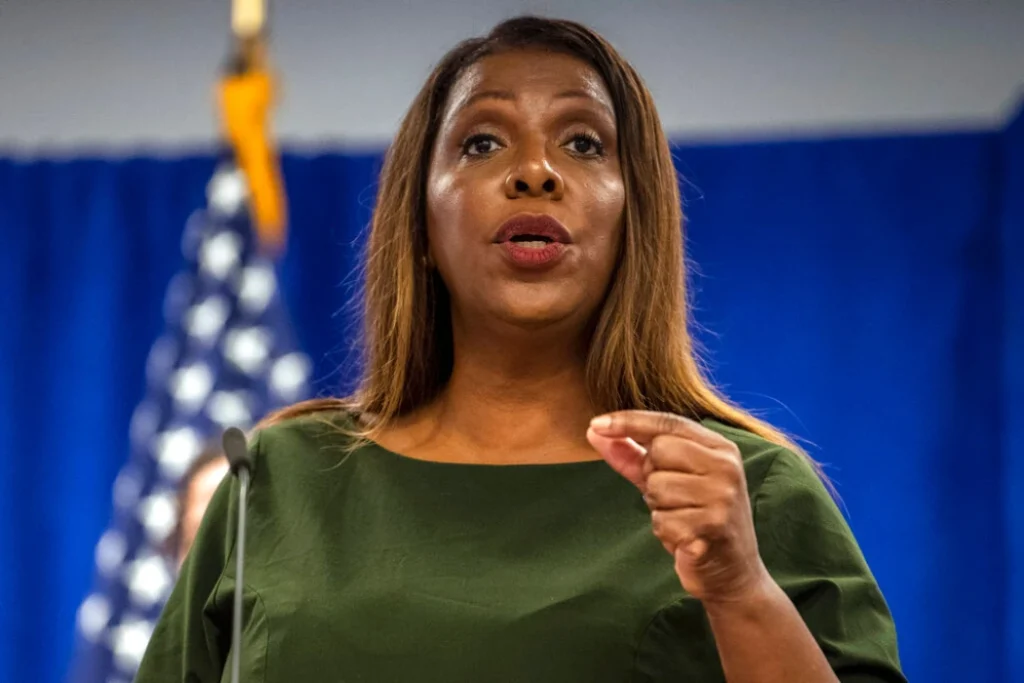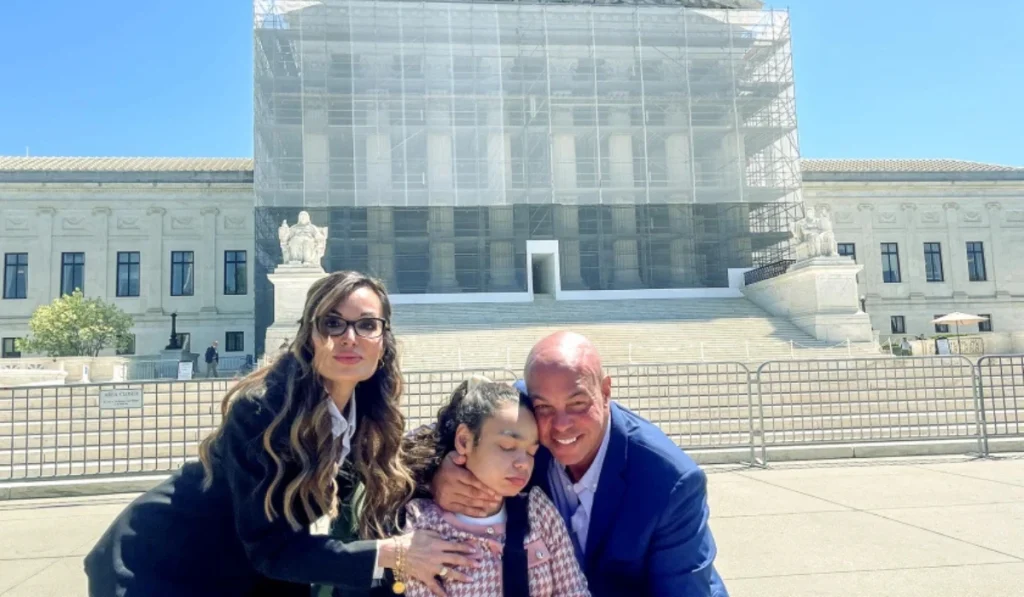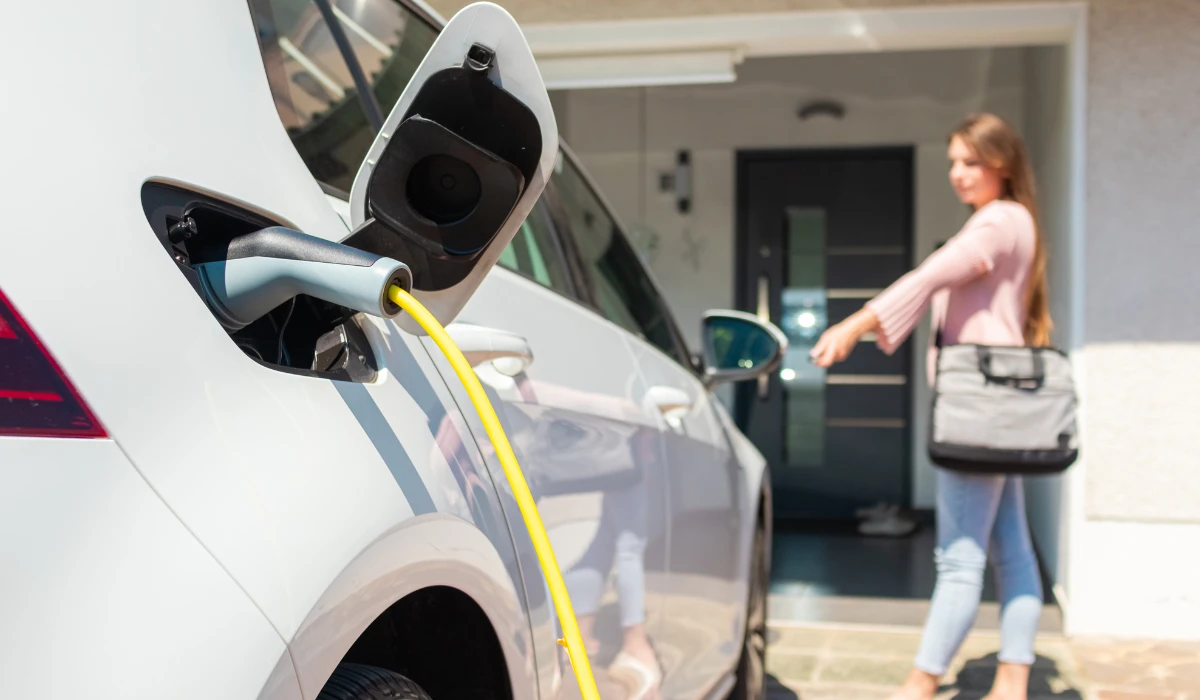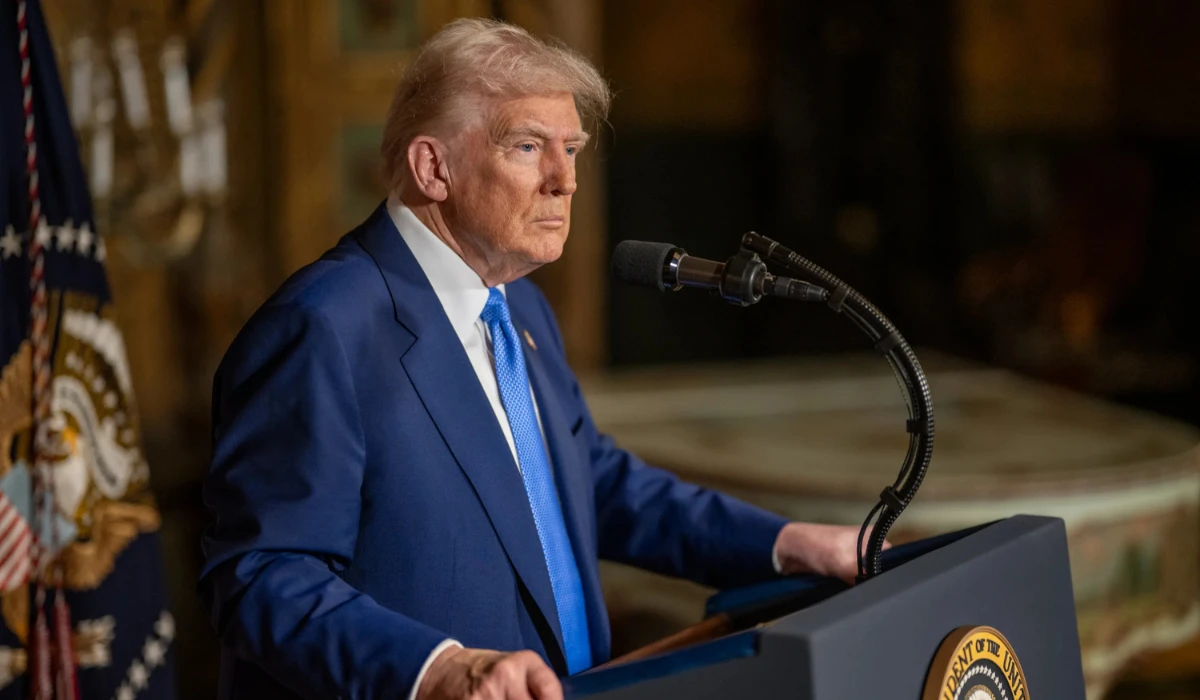In a controversial move that could reshape the landscape of American education, House Republicans have proposed setting aside up to $5 billion annually for private school vouchers. The proposal, unveiled as part of a budget reconciliation bill, aims to expand ‘universal school choice’ by offering scholarships that allow families to send their children to private and religious schools. However, the initiative is already drawing criticism for its potential impact on low-income families and public education funding.
The plan would offer scholarships to nearly all households except those earning more than three times the local median income. Supporters argue that this initiative will empower parents to choose the best educational path for their children, especially those stuck in low-performing public schools. Senator Bill Cassidy (R-LA), who introduced a similar measure in the Senate, described the program as an opportunity to make the American Dream accessible to more families.
The program would be funded through private donations, where contributors would receive a full tax credit for their contributions, effectively creating a tax shelter. This structure has sparked debate, as critics argue that it benefits the wealthy while draining resources from the public school system.
While proponents tout school choice as a pathway to educational equity, critics argue that voucher programs can disproportionately harm low-income families. These programs often assist families who are already paying for private education, rather than those genuinely in need. Furthermore, when public school funding is reduced as a result of voucher programs, low-income communities are the most affected.
Schools in economically disadvantaged areas are often underfunded to begin with, relying heavily on state and federal support to maintain basic services. By redirecting funds to private and religious schools, these public institutions risk facing even more significant shortfalls. This can translate into larger class sizes, outdated materials, and fewer extracurricular opportunities for students who remain in the public system.
Public education advocates worry that such voucher programs create a cycle where public schools lose enrollment and funding, which in turn reduces the quality of education and drives more families to seek alternatives. This dynamic could particularly harm urban areas, where public schools often serve a large proportion of low-income students and students of color.
Sasha Pudelski of AASA, the School Superintendents Association, expressed concern over the proposal, stating that states with voucher programs frequently end up subsidizing families who were already attending private schools. “It’s opening the door even wider to what has already plagued voucher programs around the country—rampant waste, fraud, and abuse,” she said.
Proponents argue that competition spurred by voucher programs could force public schools to improve. However, public school advocates point out that the most at-risk students may not benefit, as vouchers often do not cover the full cost of private education, leaving low-income families unable to bridge the financial gap.
Moreover, some voucher programs have been criticized for allowing public funds to support religious instruction, raising concerns about the separation of church and state. The debate is further fueled by the Trump administration’s broader agenda of downsizing the Department of Education and reducing public school funding.
The proposal’s future remains uncertain as lawmakers debate its potential impact on public education and low-income communities. As more states consider similar measures, the national conversation about the role of public funding in education is far from over.
